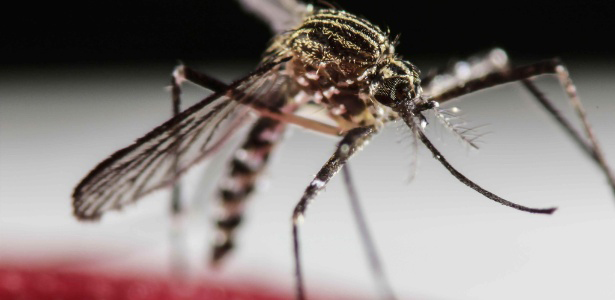Costa Rica’s tally of confirmed Zika cases exceeded 100 last week, according to the Health Ministry.
(Article by L. Arias, republished from http://www.ticotimes.net/2016/06/20/zika-surpasses-100-costa-rica)
The June 15 report stated there are 107 confirmed cases of Zika virus, 67 of them in the Central Pacific canton of Garabito where the popular beach destination of Jacó is located.
Of the 107 affected, 46 are men and 61 are women. Patients range from 3 to 74 years old and the average age is 17, the ministry reported. There are five pregnant women with confirmed cases of Zika but lab tests so far do not indicate the presence of microcephaly, a birth defect linked to the virus.
Health officials also confirmed 14 patients contracted the virus abroad: nine in Nicaragua, three in Colombia, one in Honduras and one in the Dominican Republic.
One woman from El Salvador gave birth here to a child with microcephaly but she contracted the virus in her home country, Health Surveillance director Daniel Peraza told reporters during a press conference Wednesday.
Thus far, the virus is concentrated in the Pacific provinces of Puntarenas and Guanacaste.
Besides cases in Garabito, the report lists nine cases in the Puntarenas canton of Parrita, eight in Nicoya, Guanacaste, four in central Puntarenas, and four in Alajuelita, south of San José.
Other mosquito-borne diseases
Cases of other mosquito-borne diseases continue to rise, according to the ministry’s report.
As of last week, health officials have recorded 7,711 confirmed cases of dengue and 1,483 cases of chikungunya.
Health officials carried out inspections at 352,835 households throughout the country during the past 22 weeks, eliminating nearly 1.5 million breeding sites of Aedes aegyptiand Aedes albopictus mosquitoes, the main carriers of Zika, dengue and chikungunya.
Dengue is now present in 90 percent of Costa Rica’s cantons, while chikungunya is present in more than half.
During the same news conference, the ministry’s vector control coordinator, Rodrigo Marín, called on the population to properly dispose of objects that can collect stagnant water and act as breeding grounds for mosquitoes, including old tires, barrels, cans, buckets and bottles.
Protection for pregnant women
Marín said the ministry will begin distributing mosquito nets, repellents and door screens for the homes of 27,000 pregnant women starting next month. He said the measure aims at reducing infection risks in pregnant women, especially those with fewer than 14 weeks of gestation.
The National Emergency Commission will help distribute the anti-mosquito gear in 31 cantons included in a health emergency decree issued in February following a spike in Zika cases.
Those cantons are:
San José: Central, Santa Ana, Desamparados, Alajuelita, Pérez Zeledón
Alajuela: Central, Atenas, Orotina
Heredia: Sarapiquí
Guanacaste: Liberia, Carrillo, Santa Cruz, Nicoya, Cañas, La Cruz, Abangares
Puntarenas: Central, Esparza, Montes de Oro, Garabito, Parrita, Quepos, Golfito, Osa, Corredores
Limón: Central, Pococí, Guácimo, Siquirres, Matina
Cartago: Turrialba
Read more at: http://www.ticotimes.net/2016/06/20/zika-surpasses-100-costa-rica


